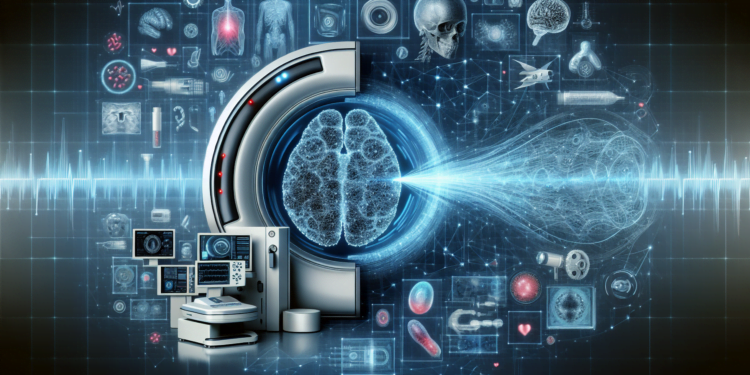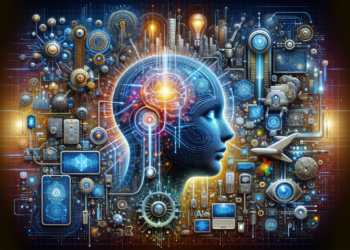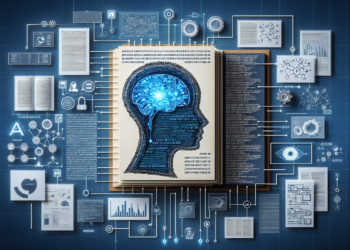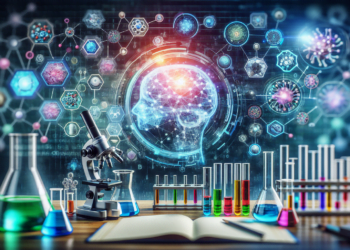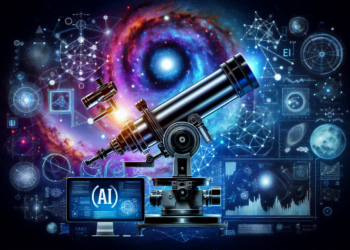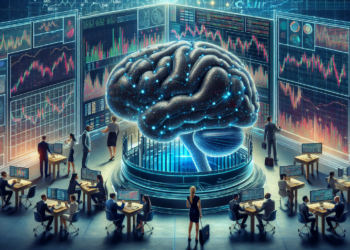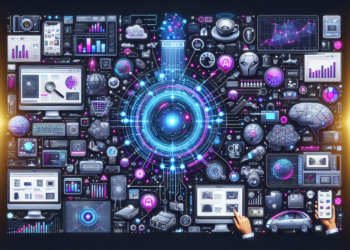At the forefront of medical diagnosis, artificial intelligence (AI) is playing a revolutionary role in early and accurate disease detection, deploying advanced devices that transcend the bounds of conventional medicine. Built on sophisticated algorithms and deep learning, AI establishes new paradigms for examination, ranging from the identification of patterns in medical imaging to molecular analysis in search for biomarkers.
Development and Optimization of Algorithms
Researchers are continuously refining algorithms to improve the success rate in identifying pathological signs. One of the most prominent advancements is the use of convolutional neural networks (CNNs), which mimic human visual discernment. These networks demonstrate exceptional efficacy in the automatic interpretation of X-rays and MRIs, enabling the identification of abnormalities like tumors or fractures with greater accuracy than expert radiologists.
Deep Learning-Based Systems
Deep learning systems are potentially disruptive as they gather and analyze massive volumes of clinical data, extrapolating features imperceptible to the human eye. A notable advance is the application of AI for early detection of diabetic retinopathy through detailed analysis of retinal images, with models that currently exhibit an accuracy that rivals that of highly trained ophthalmologists.
Multimodal Data Fusion
The integration of multimodal data emerges as a frontier expanding diagnostic capabilities. Combining genomic information with imaging and clinical data, AI systems can provide a holistic and detailed analysis of a patient’s health status. For instance, the fusion of positron emission tomography and computed tomography (PET-CT) integrated with AI allows for earlier detection of diseases such as Alzheimer’s by unifying metabolic and anatomical signals.
Application in In Vitro Diagnostics
The adoption of AI is not limited to image interpretation. In the field of in vitro diagnostics, algorithms are facilitating the automation of laboratory testing. Through machine learning, it is possible to detect patterns in the chemical profiles of blood, urine, or tissue samples, leading to faster and more accurate diagnosis of diseases such as specific types of cancer or infectious diseases.
Advances in Predictive Diagnosis
In addition to real-time diagnoses, AI is also paving the way for more accurate health predictions. By analyzing large data sets of medical histories, early markers of chronic diseases can be identified and predictive models developed that allow for early and personalized interventions, significantly reducing the morbidity and mortality rates associated with those conditions.
Challenges and Ethics in Medical AI
Despite the advances, challenges remain, such as data standardization and system interoperability. Clinical validation and regulation of these advanced devices are essential to ensure their effectiveness and safety for patients. Additionally, the ethics in medical AI demands meticulous scrutiny, particularly regarding data privacy and the transparency of clinical algorithms.
Going forward, research focuses on continuous improvement of diagnostic accuracy, reducing the rate of false positives and negatives. Equally critical is the push for intuitive user interfaces that enable medical staff to interact effectively with this technology. An optimal balance between usability and system autonomy will be decisive for its effective incorporation into routine clinical practice.
Pertinent Case: Google Health and its AI for breast cancer detection illustrate the transformative potential of AI in medical diagnostics. The results of its AI, which analyzes mammograms, indicated a reduction in false positives and negatives compared to human diagnoses, a significant finding that underscores the need for human-AI collaboration to improve health outcomes.
Conclusions and Future
Looking to the horizon, the convergence of AI with emerging technologies like synthetic biology, nanotechnology, and biomedical Internet of Things (IoT) promises an era of intelligent and ubiquitous diagnostic devices. In the long term, it is conceivable to have an era where constant health monitoring and early detection are the norm, relegating advanced diseases to a rarity.
In conclusion, AI is redefining the field of medical diagnostics. Through its ability to process and comprehend complex data on an unprecedented scale and precision, it is enabling early and personalized disease detection that has the potential to radically transform healthcare. As we progress, it is imperative that future developments in AI focus on strengthening the collaboration between humans and machines, enhancing medical work for a future of smarter and more effective healthcare.

